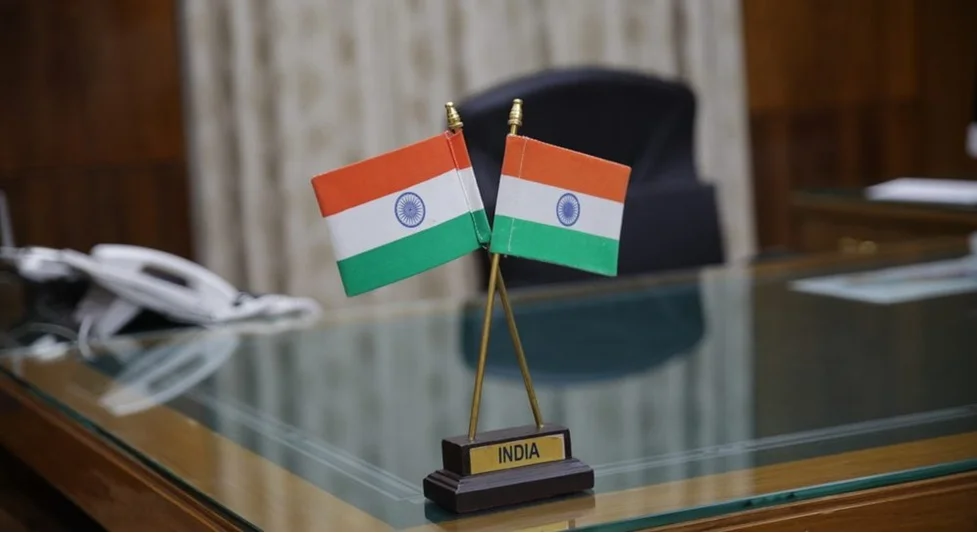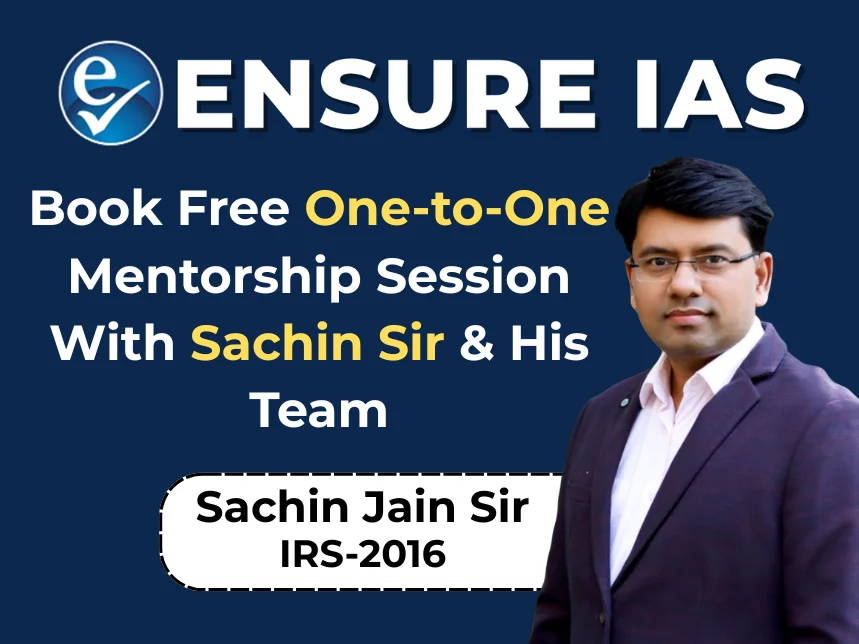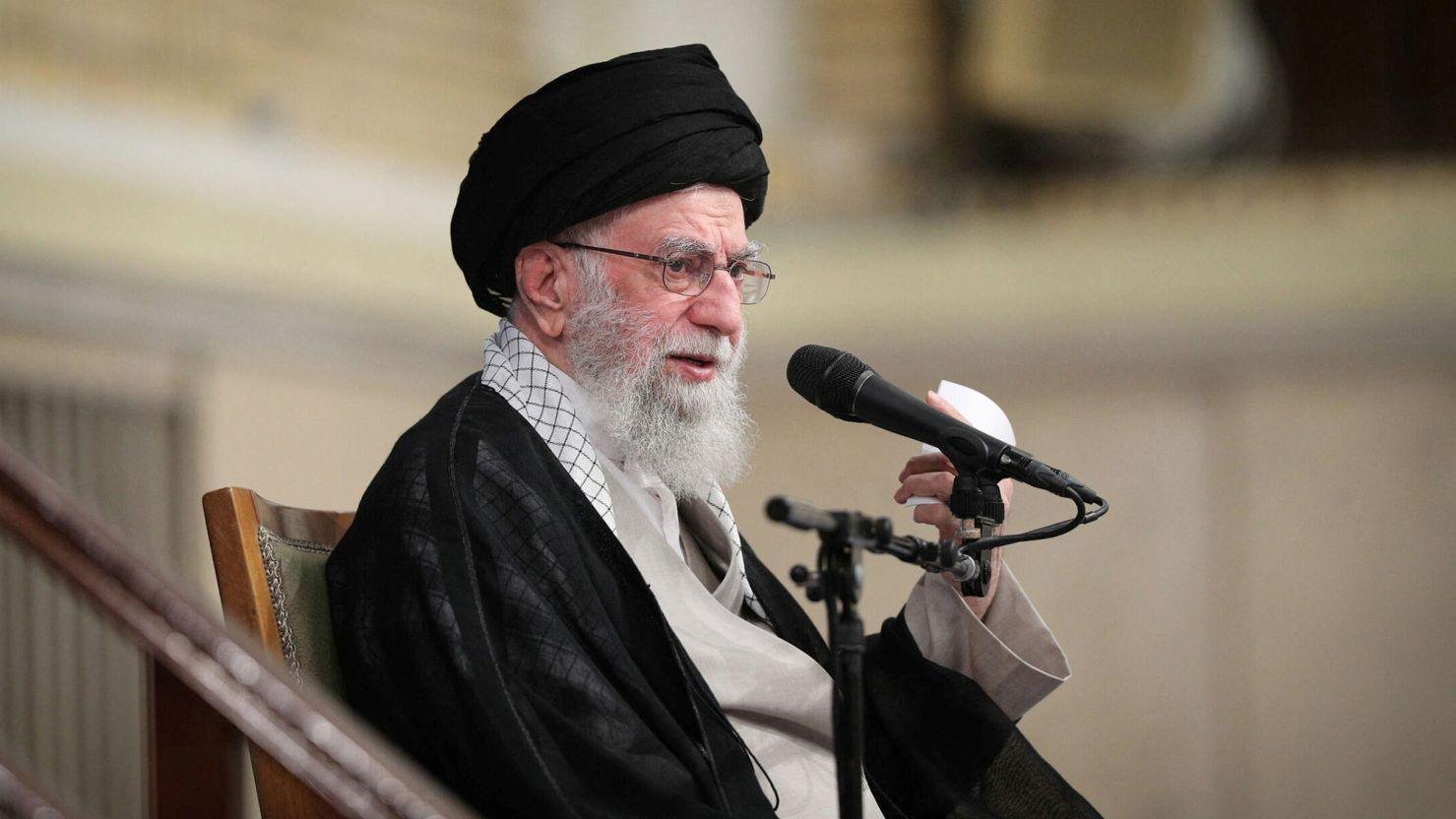Unmatched Prestige & Social Status
- The Indian Administrative Service (IAS) has long been associated with prestige, respect, and elite status in Indian society. Since British colonial rule, the civil services have held an aura of excellence and influence that no other job in the country has matched.
- Being an IAS officer places you in the top tier of India’s bureaucratic structure, granting immense social recognition. People admire the dedication and intellect it takes to clear the UPSC Civil Services Examination, and successful candidates are celebrated not just in their homes but across communities.
- Many top graduates from IITs, IIMs, and other prestigious institutions leave high-paying corporate jobs to pursue IAS, driven by the honor and status associated with it.
- The title “IAS” carries symbolic weight. It opens doors, commands respect, and automatically establishes credibility. Whether in rural areas or urban centers, an IAS officer is instantly recognized and revered.
- Families take immense pride when a member becomes an IAS officer, often more than any private sector achievement. It elevates the family’s social standing.
- The media, cinema, and public discourse frequently portray IAS officers as nation-builders and heroes, reinforcing their cultural status.
- In essence, IAS is not just a job—it’s a social identity marked by prestige and lifelong admiration.
Power, Influence & Administrative Authority
- IAS officers hold key administrative positions in the government at district, state, and central levels, giving them immense decision-making power.
- As District Collectors, Municipal Commissioners, or Secretaries, they handle law and order, disaster management, developmental planning, and public administration—functions that directly affect citizens’ lives.
- They are responsible for the implementation of government policies and have the authority to make administrative changes in their jurisdictions.
- An IAS officer can initiate new programs, lead welfare schemes, and supervise major infrastructure or health projects.
- They serve as a vital link between the government and the people, translating policies into action and ensuring governance reaches the grassroots.
- IAS officers often coordinate with multiple departments, making them central figures in the execution of public policy.
- Their position allows direct interaction with top political leaders, bureaucrats, and sometimes international organizations, enhancing their influence beyond traditional boundaries.
- The authority and leadership they exercise make them key change-makers and pillars of public governance in India.
Generous Perks & Financial Stability
- Apart from a respectable salary, IAS officers enjoy a wide array of perks and facilities that few jobs offer.
- They are allotted spacious government bungalows in prime locations, along with domestic staff such as drivers, cooks, and security personnel.
- They receive official vehicles with fuel and maintenance expenses covered by the government.
- Utilities like electricity, water, and landline bills are often heavily subsidized or completely waived.
- The government covers the cost of medical treatment for IAS officers and their families in both India and abroad under special circumstances.
- Officers are eligible for study leave to pursue higher education, including fully funded programs in top international universities.
- The job provides pension and post-retirement benefits, including chances to serve on government panels or commissions.
- Frequent transfers may seem challenging, but they also include transfer grants, travel allowances, and housing arrangements.
- All these perks make the IAS not only prestigious but also a career with long-term economic security and lifestyle comfort.
Job Security & Lifetime Benefits
- One of the most attractive aspects of the IAS is its job security. Once selected, it is extremely difficult to remove an officer without a thorough investigation and due process.
- The rules and regulations of service are clearly defined and protected by constitutional provisions, offering a sense of professional protection.
- IAS officers enjoy regular promotions, structured career progression, and opportunities to reach top bureaucratic positions such as Chief Secretary or Cabinet Secretary.
- Retirement benefits include pensions, gratuities, and government healthcare, making it a secure long-term career.
- Post-retirement, many IAS officers are appointed as heads of commissions, tribunals, or serve as advisors to state and central governments.
- Some take up international assignments or transition into academia, think tanks, or corporate governance.
- Unlike private jobs where uncertainty and layoffs are common, the IAS offers a stable career, especially valued in uncertain economic climates.
- With a clear path from entry-level positions to top government ranks, the job ensures lifetime stability, dignity, and continued contribution to public life.
Diverse Responsibilities & Professional Growth
- IAS officers handle a diverse range of roles, making the job dynamic and intellectually stimulating.
- From health and education to finance, rural development, disaster relief, and infrastructure, they get posted in various departments over their careers.
- This diversity ensures continuous learning and exposure to new challenges and solutions.
- Officers work closely with specialists, engineers, doctors, and field staff, gaining knowledge across sectors.
- IAS officers can move from district administration to secretariat postings, from field work to policy formulation—offering tremendous career mobility.
- They also represent India in international delegations, conferences, and even foreign postings.
- Continuous training and development are built into the job. Officers attend refresher courses, leadership workshops, and advanced governance programs throughout their careers.
- Many officers pursue further education—MBAs, MPAs, or PhDs—adding to their growth.
- With each posting, their network expands across state, national, and global levels.
- The wide variety of work combined with training opportunities makes IAS a professionally enriching and growth-oriented career.
Serving Society & Achieving Personal Fulfillment
- At its core, the IAS is a public service Officers impact millions of lives by implementing policies and managing resources efficiently.
- Whether it’s improving school attendance, managing flood relief, or ensuring clean drinking water, IAS officers make a direct difference.
- The ability to bring about change at the grassroots level gives unmatched job satisfaction.
- Many officers take pride in helping marginalized communities and ensuring justice and development reach the last person.
- Officers often launch innovative initiatives in health, sanitation, women’s safety, and digital governance—earning national and international recognition.
- They inspire countless aspirants across the country, becoming role models for integrity, leadership, and service.
- Unlike corporate jobs focused on profit, the IAS offers purpose-driven work, giving a sense of mission and legacy.
- Many former IAS officers say that the emotional and social rewards outweigh the material ones.
- The opportunity to shape society, solve real-life problems, and leave a lasting impact makes IAS not just a job, but a calling.
FAQs About IAS
- Why is IAS considered the best job in India?
Because it offers prestige, power, social respect, financial security, and a chance to serve the country. - Do IAS officers get good salary and benefits?
Yes, along with a decent salary, they receive houses, cars, medical care, and post-retirement pensions. - How secure is an IAS job?
It’s extremely secure. Once selected, officers rarely lose their jobs unless for serious misconduct. - Is IAS better than private sector jobs?
While private jobs may offer higher salaries initially, IAS offers unmatched respect, stability, and public impact. - Can IAS officers study abroad?
Yes, they are allowed paid study leaves to pursue higher education in top international universities. - Do IAS officers influence public policy?
They implement and sometimes help shape major policies at local, state, and national levels. - How do IAS officers serve society?
They solve real-life issues—like health, education, law and order—affecting millions of people. - Is the IAS exam very tough?
Yes, it is one of the toughest exams in India, with less than 1% success rate. - Do IAS officers get transferred often?
Yes, but with proper allowances and arrangements. Transfers help them gain diverse experience.
- What is the retirement age of an IAS officer?
Typically, 60 years, though they may serve in other roles afterward. - Are there international opportunities for IAS officers?
Yes, they may be deputed to international organizations or attend global conferences. - Can an IAS officer become a Cabinet Secretary?
Yes, it is the highest post an IAS officer can achieve in the central government.






